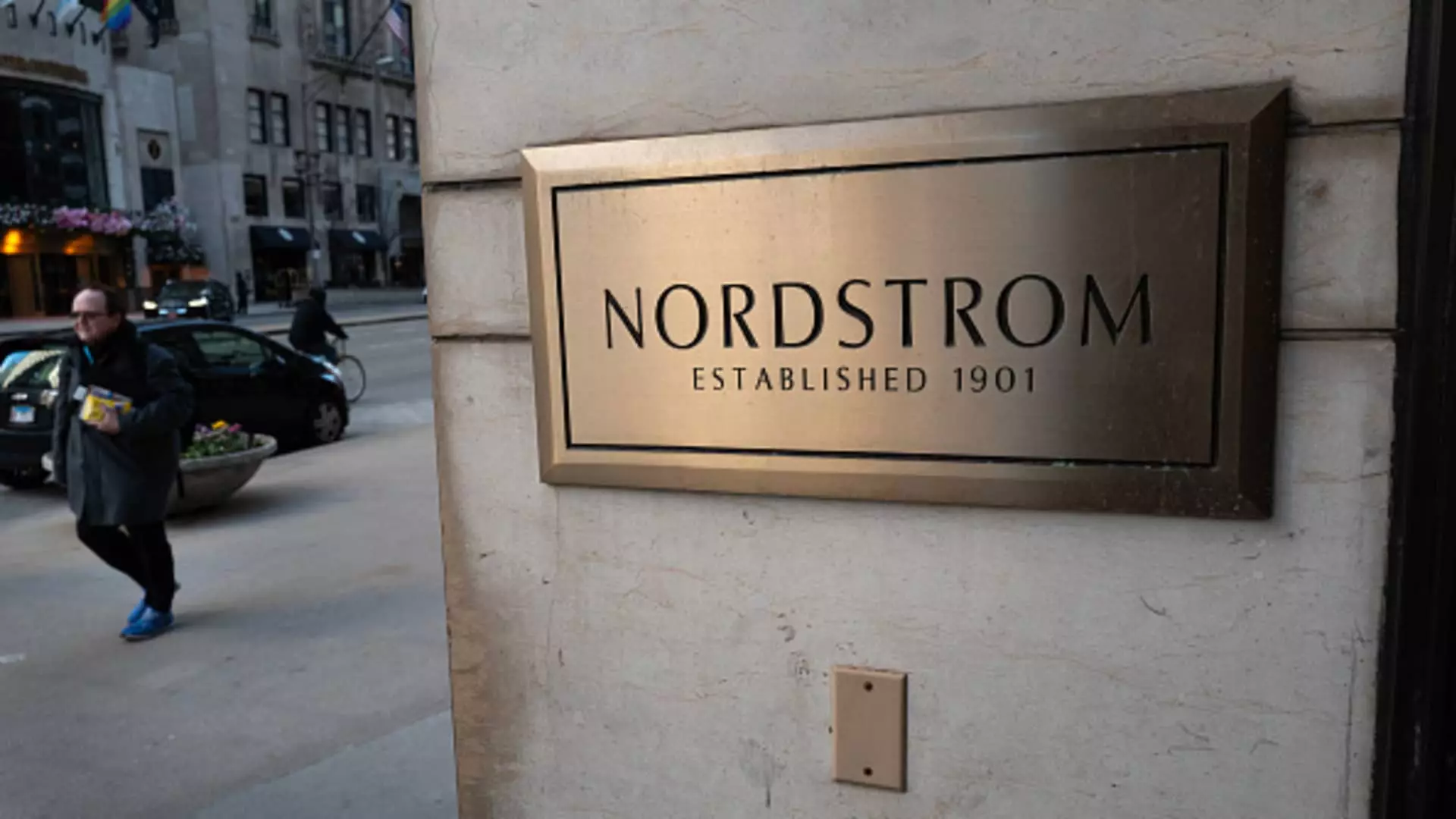On Monday, Nordstrom, the prominent American fashion retailer, unveiled a significant transformation in its corporate structure by announcing a buyout that will take it private. The acquisition deal is pegged at approximately $6.25 billion, orchestrated by the Nordstrom family alongside the Mexican retail giant, El Puerto de Liverpool. This strategic move has garnered unanimous approval from the company’s board of directors, underlining a strong collective belief in the potential benefits of this transition. The deal is projected to finalize in the first half of 2025, marking a pivotal shift in the company’s trajectory. Under the new ownership structure, the Nordstrom family will hold a controlling stake of 50.1%, while El Puerto de Liverpool will command 49.9%, reshaping the governance and strategic direction of the retailer.
For shareholders, the buyout presents a definitive exit strategy from an increasingly competitive market landscape. Each Nordstrom shareholder is set to receive $24.25 in cash for their shares, providing immediate liquidity amidst a backdrop of changing consumer preferences and economic uncertainties. While shareholders generally welcomed the news, the stock experienced a modest decline of 1% during early trading, reflecting typical market reactions to such announcements. The transaction, while providing a direct benefit to shareholders now, is also indicative of the broader financial pressures facing the company. The previous unsuccessful attempt to go private in 2018 looms as a cautionary tale, highlighting the complexities of navigating financial restructuring in the retail sector.
Despite a positive sales performance in November, when Nordstrom surpassed Wall Street forecasts with a 4% year-over-year revenue increase, the company is not exempt from the prevailing challenges in the retail industry. Analysts have pointed to a nuanced shopping environment where consumers are exercising heightened discretion, favoring essential items over luxury purchases. With forecasts suggesting a lackluster holiday season, the company faces an uphill battle in maintaining sales momentum. This economic climate amplifies the urgency for Nordstrom to adapt successfully under private ownership, as it grapples with shifting consumer behavior driven by price focus and the ongoing effects of the pandemic.
Founded in 1901 originally as a shoe store, Nordstrom has evolved into a multifaceted retail operation, encompassing over 350 locations under various banners, including Nordstrom Rack and Nordstrom Local. This latest chapter signifies not just a change in ownership but also a potential redefinition of its legacy. CEO Erik Nordstrom expressed enthusiasm about the transition, emphasizing a commitment to uphold the company’s core principles of customer satisfaction and quality service. His statement reveals an intent to leverage this change for renewed growth and innovation, striving to ensure that Nordstrom remains a prominent player in the retail space for years to come.
Nordstrom’s move to become a private company isn’t just a corporate strategy; it’s a response to the rapidly evolving retail landscape, focused on navigating current challenges while preserving a century-old legacy. As the transaction awaits closure, it remains to be seen how this decision will reshape the future of one of America’s most iconic department stores.

